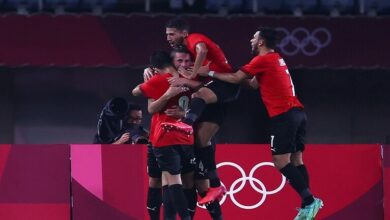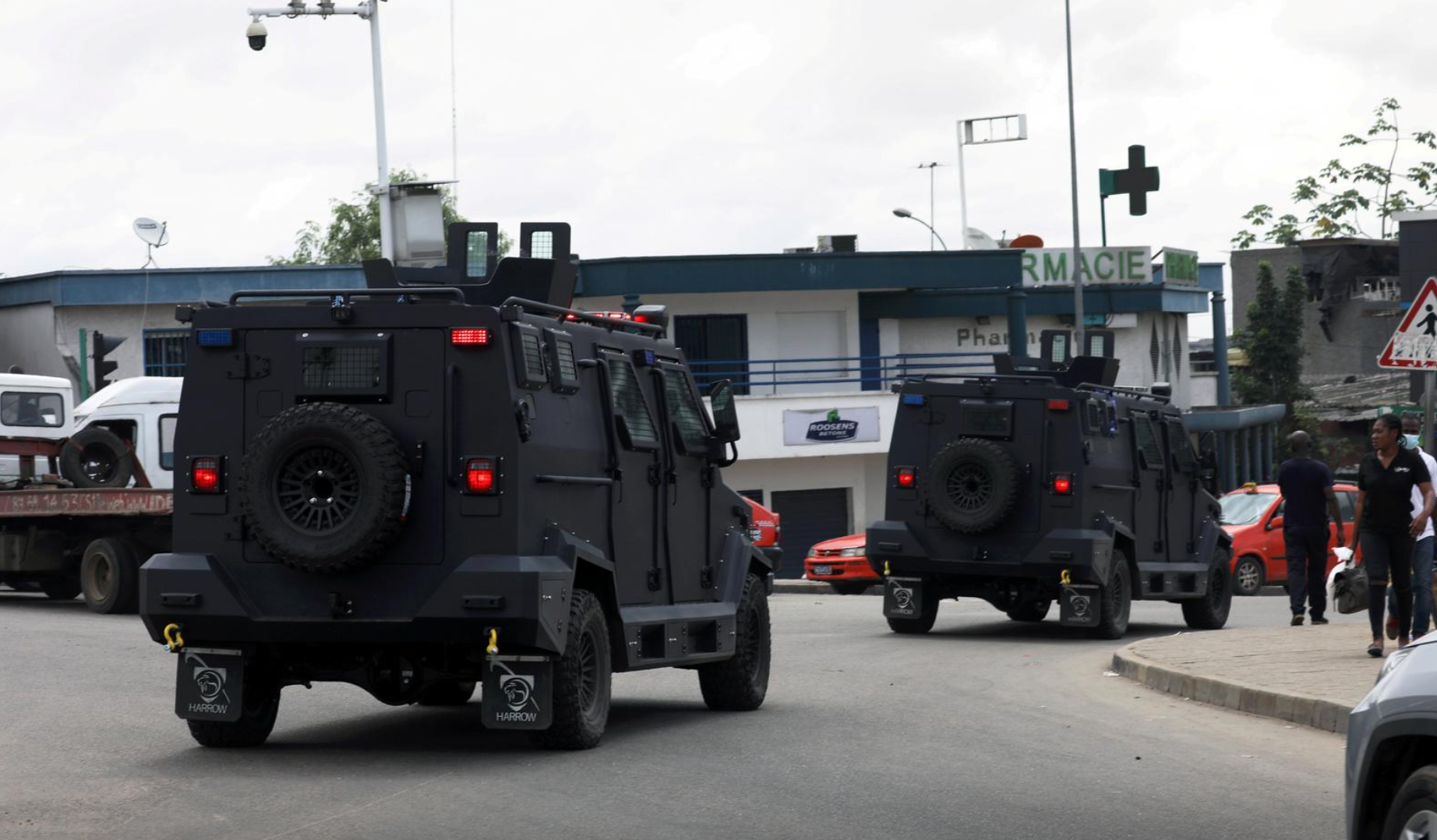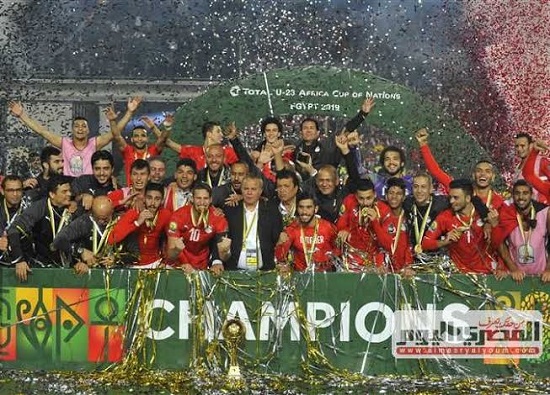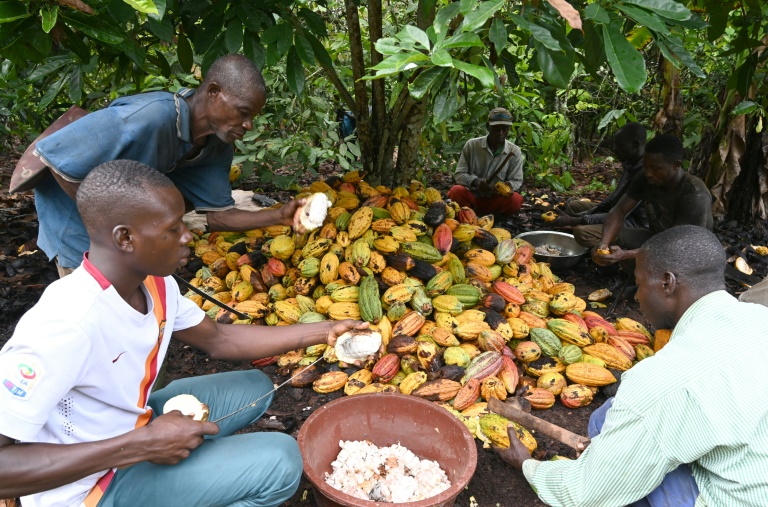Abidjan — Alassane Ouattara, Ivory Coast's internationally recognized president, has rejected the African Union's nomination of an envoy due to negotiate an end to the crisis in the country, questioning his impartiality.
The AU on Saturday appointed Jose Brito, Cape Verde's former foreign minister, as its diplomat charged with overseeing talks meant to result in incumbent Laurent Gbagbo stepping down in favor of Ouattara leading a government of unity to end a crisis that has pushed the top cocoa producer to the brink of war.
But Ouattara's camp overnight complained that it had not been consulted on the AU nomination, adding that Brito was unsuitable as he had personal and professional relations with Gbagbo and was not a former president, as was expected.
"As a result, the president of the republic of Ivory Coast rejects Mr Jose Brito as the AU's High Representative," Ouattara's office said in a statement.
A spokesman for Gbabgo's camp was not immediately available.
The AU has been tasked with seeking a peaceful solution to the row over the 28 November election, which has led to violence that has killed hundreds and forced over a million people from their homes, raising the prospect of a resumption of the 2002-2003 civil war.
But few have pinned their hopes on the body making a breakthrough as a series of previous envoys have failed, and both sides are deeply entrenched, with Ouattara confined to a hotel protected by UN peacekeepers and Gbagbo accusing foreigners of meddling in his country's internal affairs.
The fiercest fighting has seen insurgents take control of swathes of northern Abidjan. And rebels who have controlled the north of the country since the last war and declared allegiance to Ouattara, have pushed south in the west of the country.
Gbagbo's youth leader is seeking to recruit thousands of followers into the country's armed forces and pro-Gbagbo forces are shelling neighborhoods sympathetic to Ouattara on a daily basis, witnesses and the United Nations say.
After initially being the focus of much international attention, Ivory Coast's crisis has slipped down the international agenda due to the revolutions in North Africa.
But West African nations last week called on the UN, which has some 12,000 peacekeepers in Ivory Coast, to take a tougher stance and also impose sanctions on Gbagbo's camp.




